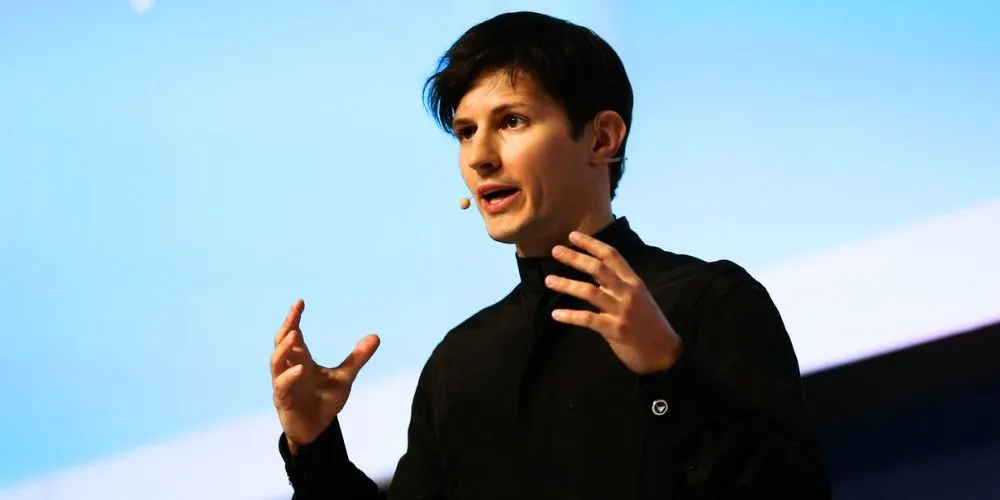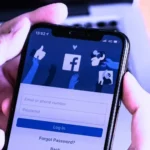Key Points:
- Telegram CEO Pavel Durov is under investigation in France for allegedly allowing illegal activities on the platform.
- Led by Johanna Brousse, the small but significant J3 cybercrime unit initiated the probe, emphasizing accountability for tech CEOs.
- The case represents a novel legal approach, arguing that tech CEOs bear responsibility for content on their platforms.
- Legal experts question the viability of the charges, noting that proving Durov’s direct involvement in the alleged crimes is critical.
The recent arrest of Telegram CEO Pavel Durov has highlighted the increasing scrutiny global tech leaders face from authorities over illegal content on their platforms. The investigation, initiated by a small but influential cybercrime unit within the Paris prosecutor’s office, is led by 38-year-old Johanna Brousse. Durov, 39-year-old, was arrested last Saturday and placed under formal investigation on organized crime charges, accused of complicity in running a platform that allegedly facilitates child sex abuse imagery, drug trafficking, and fraud.
Prosecutors argue that Durov is responsible for the illegal activities occurring on Telegram, marking an unprecedented move against a major tech CEO. Durov’s lawyer dismissed the charges as “absurd,” insisting that Telegram complies with European laws. While being under formal investigation does not equate to guilt or guarantee a trial, it indicates that judges believe there is sufficient evidence to continue probing the case. Durov, currently out on bail, is prohibited from leaving France.
Brousse’s J3 cybercrime unit began investigating Pavel Durov after numerous crimes were reported on Telegram and the platform’s alleged failure to respond to judicial requests. Despite being France’s most significant cybercrime entity, the unit operates with limited resources—just five prosecutors compared to the 55-60 in Switzerland.
Brousse, who has led the J3 since 2020, has emphasized her commitment to prosecuting cybercriminals, regardless of their location. Under her leadership, the J3 took on major cases, such as the Sky ECC probe, involving encrypted communication services used by criminals. These cases have set international precedents and emboldened the unit to pursue high-profile targets like Durov.
Legal experts, however, caution that prosecutors will need to prove that Pavel Durov knowingly allowed criminal activities on Telegram, a challenging and largely untested legal argument. As Brousse continues her fight against cybercrime, her actions signal a warning to other encrypted messaging providers like Signal and Discord, urging them to comply with regulations or face similar legal consequences.












